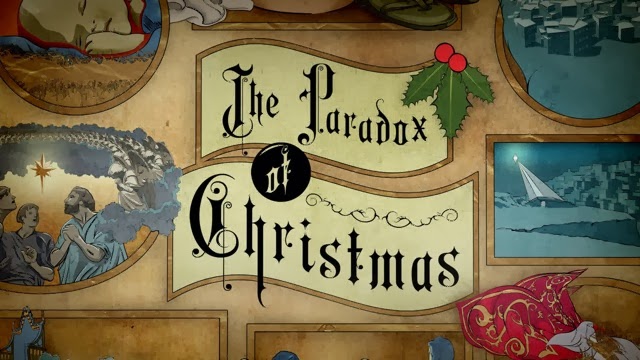Last Saturday Crystal and I visited the Metropolitan Museum of Art in New York. It is undoubtedly one of the most impressive collections I have ever seen. One of the many displays that stood out was an impressive nativity scene. As we walked in to the grand hall of the museum there is a huge Christmas tree and under it is a beautiful 18th century Neapolitan nativity scene.
We did not spend much time looking at it because there was so much to see, but something seemed interesting to me. As I looked at the scene is it very familiar. The expected characters are there: shepherds and sheep, wise men from the East, Joseph, Mary and of course baby Jesus. It is one of the most beautiful nativities scenes I have ever seen, it is a work of art.It was not till later when reflecting upon the scene that something unexpected came to mind. The stable scene is not where I would expect it. It does not seem to be set in Bethlehem in a stable at all, but among the ruins of Roman columns. At first this annoyed me, I do not like when artist change the story of the Gospel. However, after some reflection I believe I understand what the artists were trying to convey.
The birth of this child changed the world. It was the beginning of a new age and the death of the old. While the power of Rome will crumble, His Kingdom will never die or decay. Though the Herod’s and Caesar Augustus’ have long since died, He lives. There have been many earthly kingdoms that have risen to power and died. Yet through this Christ child a Kingdom like none other was brought into the light.
As we read the news of the day there is war, evil, and greed all around us. However, we must never forget that what was said by the angel to Mary about who Jesus would be, “He will be great and will be called the Son of the Most High; and the Lord God will give Him the throne of His father David; and He will reign over the house of Jacob forever, and His kingdom will have no end.” (Luke 1:32-33)


